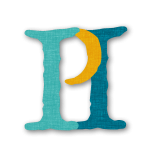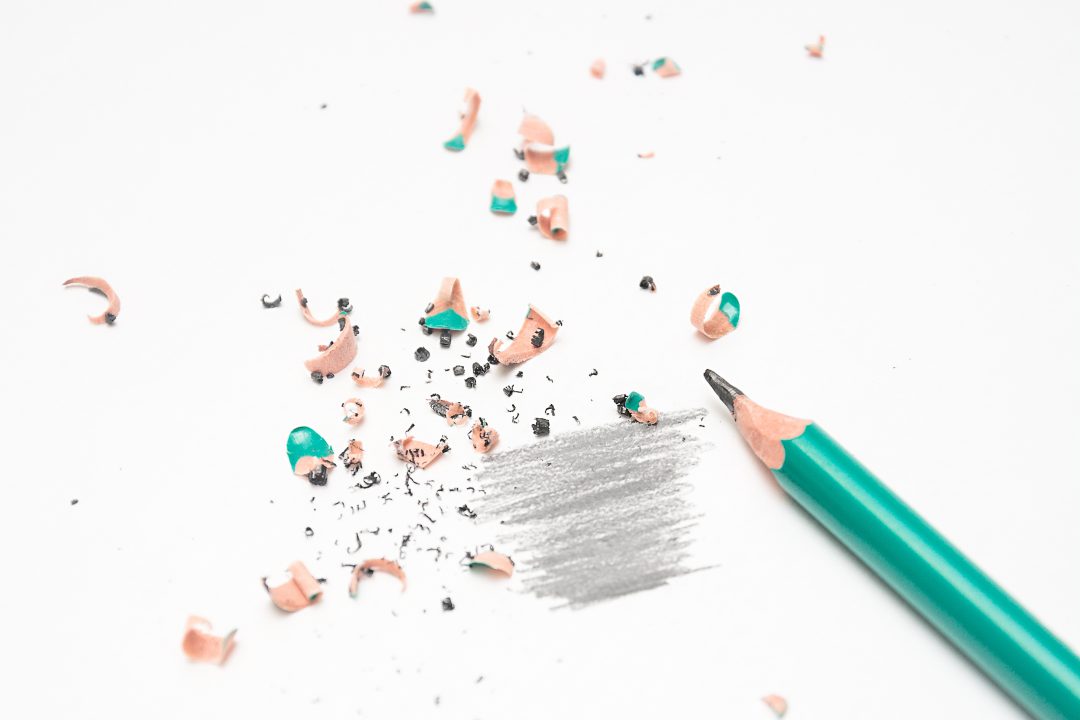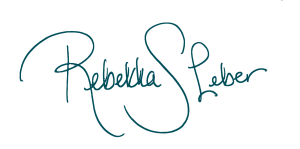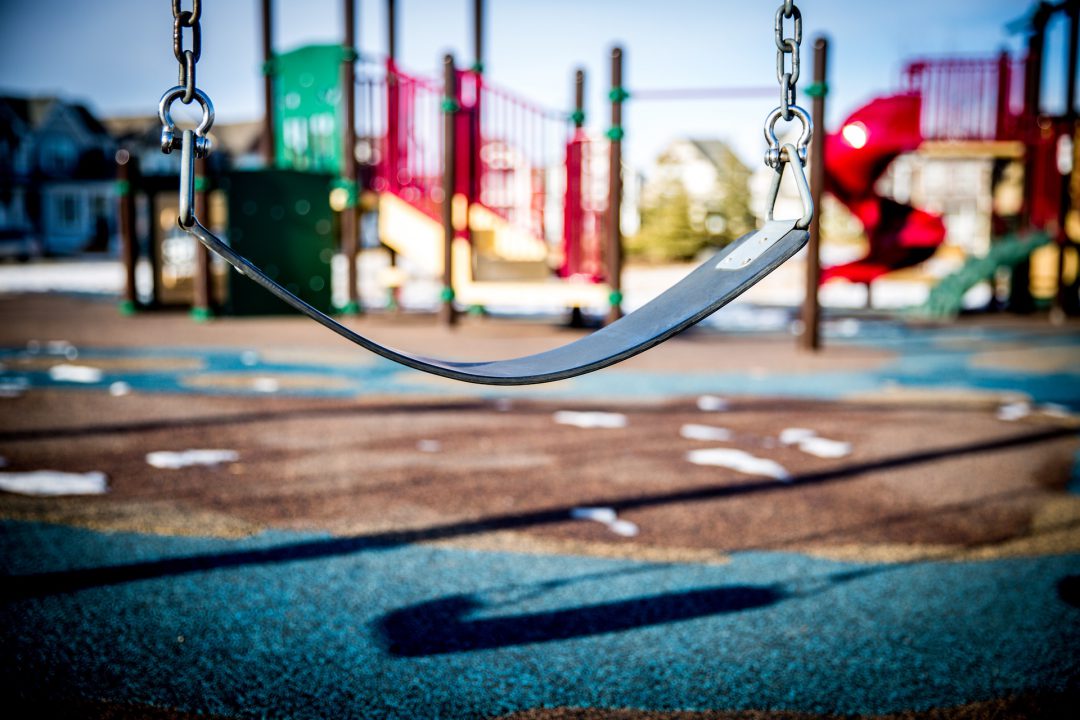A message of caution, from Sass:
As a teacher, I often struggle with the fact that my students take every word I speak as gospel. While the thought of having a horde of minions waiting to be beckoned, preaching whatever I tell them would be wonderfully effective if/when I choose to take over the world, as an educator, it is extremely counter-productive to teaching students the most important, non-subject related skill they need to acquire in school: problem solving. Now, this would be an easy point for me to launch into a scathing critique of our public education system, and how through lacking high standards and pushing testing we have totally lost our ability to teach our students the skills they really need, but I won’t. It’s really, reaaaaally hard not to, but it’s not the point of this blog post.
I use this example only to make the point that as products of this system, we are not always taught how to read information selectively.
As with any information, even that delivered by teachers (who are often, but not always, experts in their field) it should still be analyzed. Writers, like any person working in a craft, should always be willing to learn and improve techniques to develop as writers. Teachers do this through professional development. I attend meetings and conferences multiple times a year that are meant to introduce or to strengthen my knowledge of teaching methodology. But, all teachers are different—we each have a teaching style, based on many variables such as experience, school culture, resources, and student needs. Writers also have a style that is distinct to their particular experience, genre, voice, and process. I have left sessions completely enthused and ready to utilize a brand new method to transform my classroom. I have also walked out of sessions laughing my ass off at some “consultant”, with no prior educational experience, who just got paid thousands of dollars to tell me how to do a job they have never done themselves. Or, even if they have, came out of a perfect, suburban school where all the students have stable homes, speak English, have safe, updated buildings, and are given more resources than they know what to do with. Learning how to be a better teacher is no different than learning how to be a better writer- the advice you take is completely subjective to your needs and experience.
Which is why it is extremely important to keep this thought in mind: Any advice, resource, or lesson given to you by another writer needs to be analyzed for its usefulness to your specific needs.
While the core concepts for writing—character development, setting, and plotting—are universal in writing, the methodologies used in practice are completely dependent upon what and how you write. If you want to be the next Rowling, don’t go to Patterson for advice. If you want to be the next Flynn, don’t go to Sparks. I don’t have anything against any of these writers, but they each have fundamental differences in their genres, writing styles, and process.
That being said, I am also not suggesting that a mystery writer cannot help a science fiction writer write better. What I am saying is before you take every piece of writing advice, really sit down, analyze it, try it out, and see if it even applies. Or, if it can be adapted. Does it even work?
At the end of the day, there might not be a single thing on this website that helps one person become a better writer, yet another person could credit it as the secret to their success. Neither person is wrong. In special education, we use the term Specific Learning Disability to cover a wide range of learning struggles. Two different students can be labeled SLD in reading, but one can have issue with transposing letters while the other has issues in reading comprehension. But, both are considered not to be able to read. Trying to strengthen a student’s reading fluency may help the dyslexic student, but won’t do anything to help the one who doesn’t understand or retain what they are reading. This same idea can be said for two writers struggling with the same problem. If two writers are both struggling to develop static characters into dynamic characters, no one approach will be universal to help both, especially if the stories are different genres or viewpoints.
All the information we post on IPI is intended to be helpful but not all of it will be. Or all of it will be. Or none of it will be. The point is, this is not gospel. This is a collection; an anthology if you will, of what we consider the best advice we have collected from around our writing circles, the internet, and our dangerously high stacked towers of writing books. There is bound to be a better method out there for something we post in IPI, and we encourage writers to seek out information. Never stop seeking knowledge.
As the illustrious, sardonic, and outrageous Oscar Wilde once said, “You can never be overdressed or overeducated.”
So, when you do find something better, please share it with us. Help us add to the Research-a-Torium or update a post or offer a suggestion on a tutorial. This isn’t just our site, it’s our site—yours, mine, and ours. If advice exists, and it helped, we want to have it collected, organized, and ready to be absorbed. Help us help you and help us help others. But, remember, only take what you need to help yourself.
Write on, young savior,






